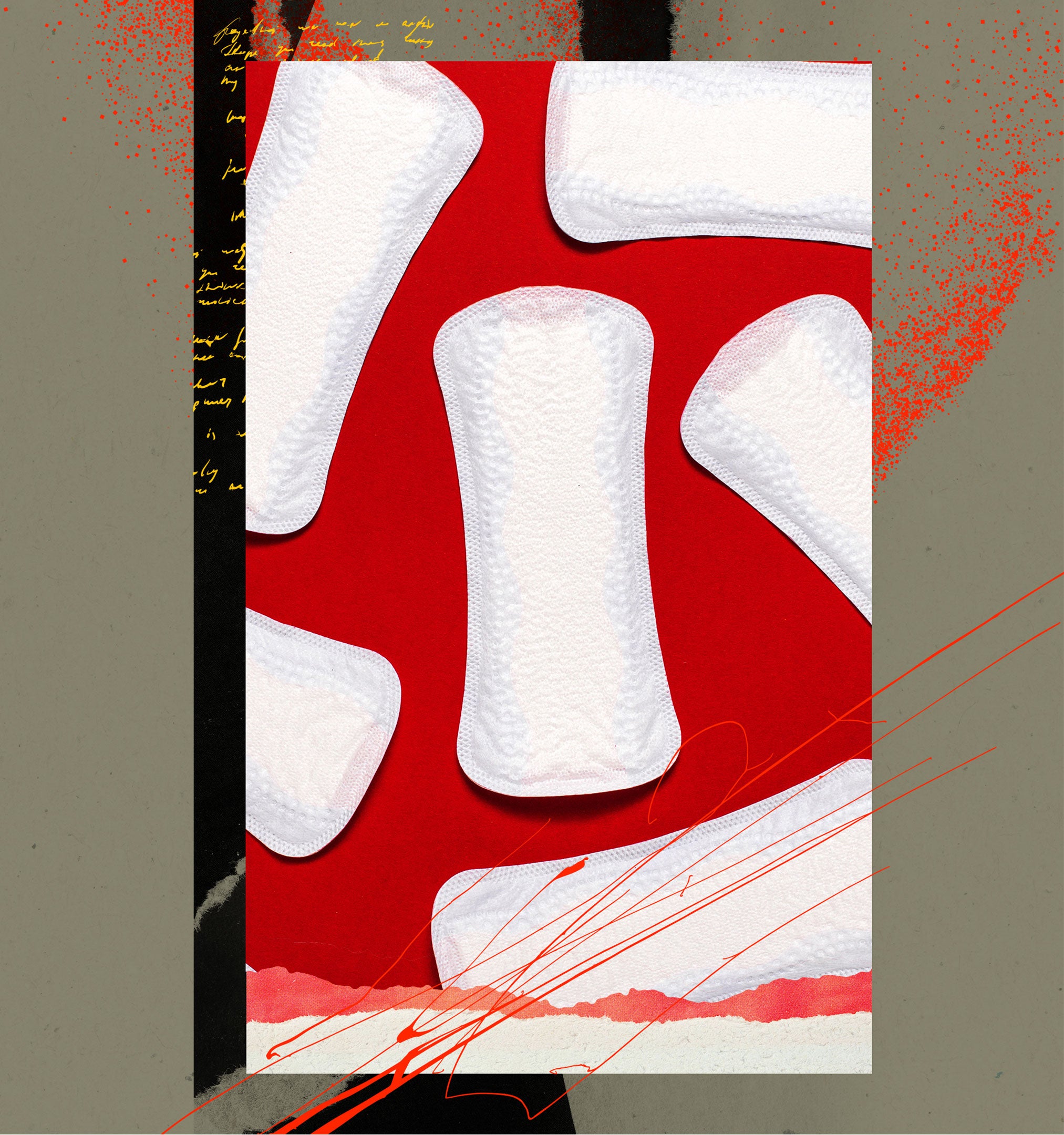
Welcome to the Aruna Revolution
The innovation of sustainable menstrual pads is crucial for mitigating global climate change and ecological harm. We cannot stop using menstrual products, but we can replace them with an environmentally responsible option!
Aruna’s Vision & Mission:
How We Empower Menstruators
Our Statistics
Billion
menstrual products and their packaging can be saved by Aruna from ending up in the landfill every year, in North America
Million
tonnes of CO2 emissions can be prevented every year by Aruna using food and crop waste to create compostable pads (preventing food waste and period products from ending up in the landfill)
%
of Canadian Menstruators struggle to afford menstrual products, Aruna will decrease this and improve affordability of menstrual products
the number of years it takes disposable pads to decompose, versus the 30 days it takes for Aruna pads
Why Our Planet and Menstruators Need Chemical-Free and Plastic Free Period Pads
Waste
In a lifetime, an individual will use between 5,000 and 15,000 disposable pads and tampons.Disposal of single use menstrual products - tampons, pads and applicators generates 200,000 tonnes of waste per year.
Impact on Earth and the Marine Life
It has been estimated that a regular non-organic pad can take 500–800 years to break down. Disposable products that do not make it to landfill can end up in our oceans or washed up on our beaches, where they create a different problem. They become microplastics where they harm marine life.
Affordability
One-quarter of women cannot afford menstrual products, and fourteen percent of those women resort to unhygienic practices like socks, old rags or t-shirts. A 2019 survey conducted by Plan International Canada found that “34% of women and girls in Canada are regularly or occasionally forced to regularly or occasionally sacrifice something else within their budget to afford menstrual products.”
The After-Math of Cotton
According to the World Wildlife Fund (WWF), cotton is the most widespread profitable non-food crop in the world. Cotton cultivation severely degrades soil quality with the application of fertilizers and pesticides. Heavy use of pesticides also raises concern for the health of farm workers and nearby populations.

Become Part of A Circular Economy
Our menstrual pads are designed with a circular economy in mind. Why? By using food and crop waste, we support local farmers, farms and food businesses. We ensure that food waste does not end up in landfill producing greenhouse gases, but extends its life by being used in a product that gives back to the earth. By creating sustainable products, we take steps to protect our planet.
Aruna’s Values
Sustainability
Our menstrual health products are compostable. In all that we do, we strive for good governance and maximizing positive impact on human life while minimizing the negative impact on the environment.
Inclusivity
We are building a community that is open to all genders. We are working to ensure that all people who have periods have a right to accessible and affordable menstrual products.
Education
Our education efforts aim to normalize vaginal health and the struggle of periods while destroying negative stigmas across societies.







